Cosmetic Tattoo Certifications: Types & Career Opportunities
Cosmetic tattooing is a booming industry and a great opportunity for new and experienced professionals. Whether you want to do eyebrow tattooing, lip tattooing, eyeliner enhancements or even advanced procedures like nipple areola complex tattooing, getting certified is key to a successful career in this growing field. This guide covers the different cosmetic tattooing courses and certifications available, what’s covered, techniques and benefits.
About Cosmetic Tattooing Certifications
Cosmetic tattooing certifications are designed to give aspiring and experienced cosmetic tattoo artists the skills like colour theory, eyebrow design and skin penetration treatments. They ensure you follow safety standards, tehnical skills and knowledge of principles like facial anatomy and skin tones. Whether you’re a business owner looking to add to your services or someone starting a cosmetic tattooing career, certifications is the foundation to success.
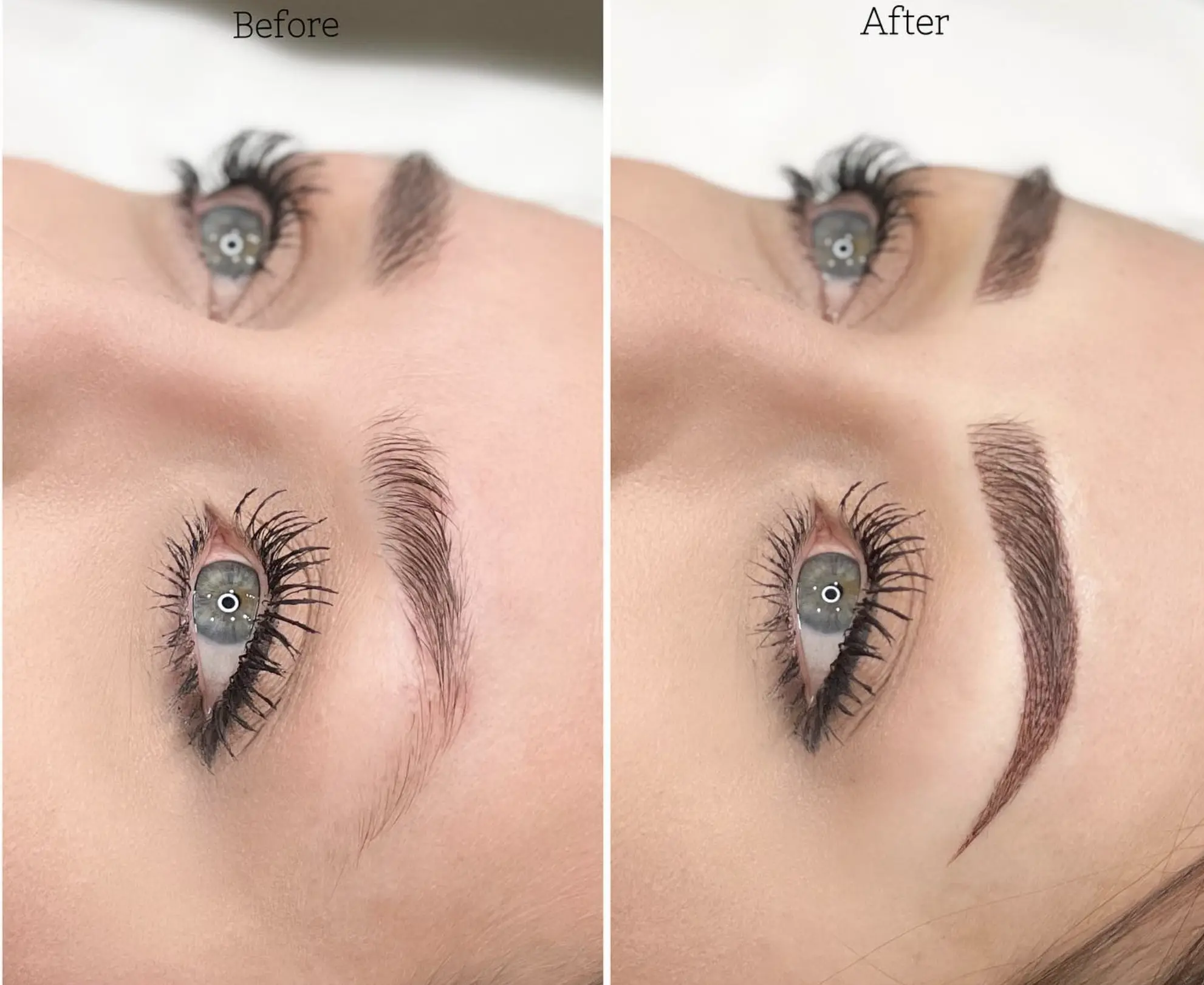
Core Certifications
1. Basic Permanent Makeup
This entry level course is for beginners who are new to the world of cosmetic tattoo artistry. It covers both theory and practice to make sure students learn the basics and safety protocols.
Topics:
- Skin anatomy and skin undertones.
- Cosmetic tattoo applications like eyebrow tattoos, permanent eyeliner and lip blushing.
- Hygiene protocols and infection prevention.
- Client consultation and treatment documentation.
Hands-On Experience:
Students practice on synthetic materials like Cosmetic Tattoo Practice Skin before moving on to live models. The course has plenty of practice under supervision to build confidence.
Outcome:
Students receive a certificate of completion to perform basic cosmetic tattoo services and to move on to advanced courses.
2. Advanced Cosmetic Tattoo
Once you have mastered the basics an advanced certification is next. This course refines your skills and introduces you to advanced techniques to tackle difficult procedures.
Techniques:
- Advanced eyebrow tattooing styles including combination brows, ombre brows and nano hairstrokes.
- Eyelash enhancement tattoo and eyeliner enhancements.
- Colour correction for uneven or outdated tattoos.
In-Depth Training:
- Students learn colour theory, colour selection, correction colours and how to achieve natural results.
- Hands-on workshops with real clients to create custom treatment plans that meet client expectations.
Benefits:
Artists can correct mistakes, design custom styles and meet the growing demand for natural and aesthetically pleasing enhancements.
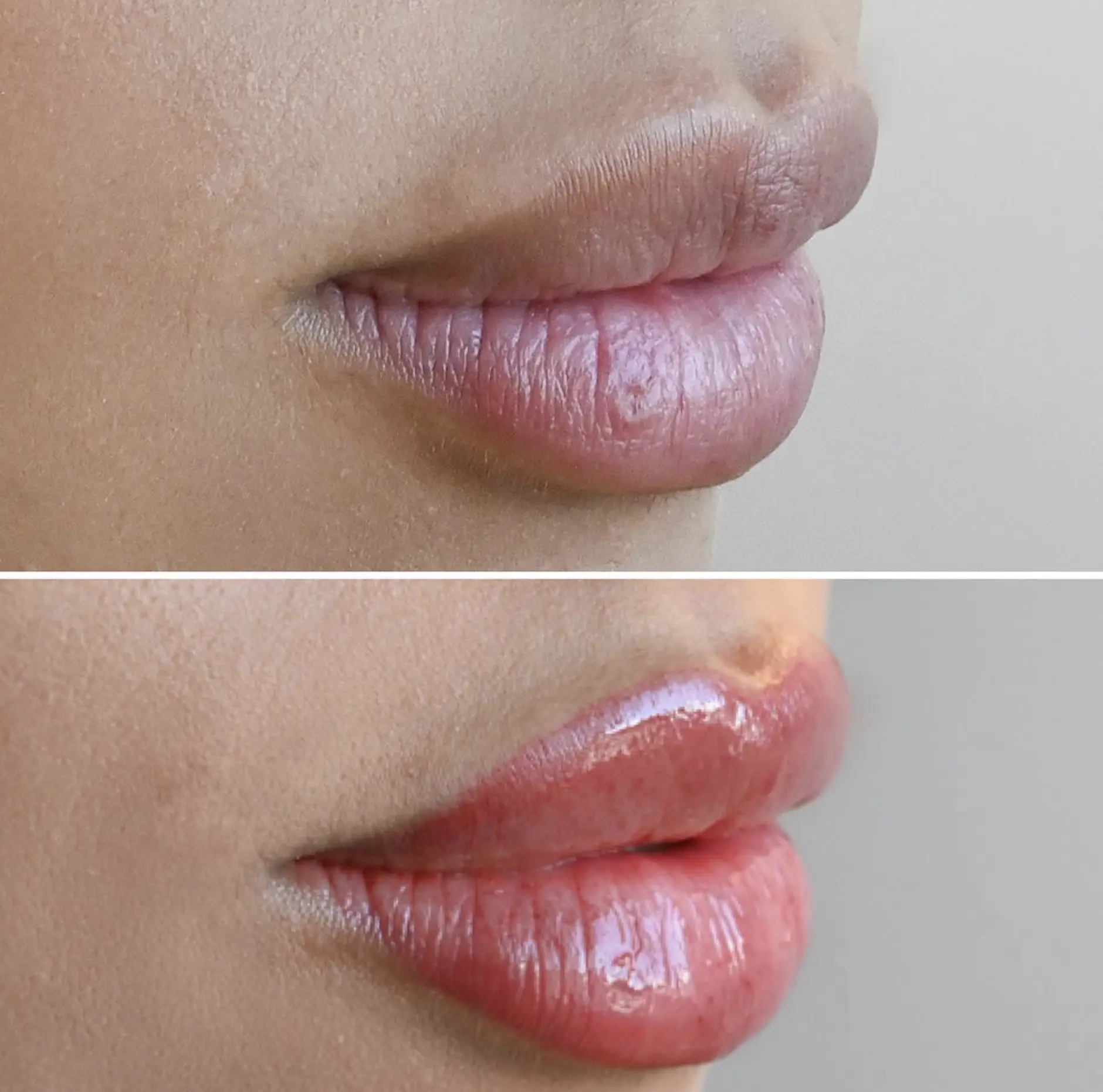
3. Microblading and Powder Brow
Eyebrow tattooing is one of the most popular areas of cosmetic tattooing. Certifications in microblading and powder brows will give you specialized skills to create realistic and long lasting eyebrows.
Microblading Focus:
- Students learn hair-stroke techniques to mimic natural brow hairs.
- Training includes facial anatomy, hair growth patterns and depth control.
Powder Brow Techniques:
- Soft, powdered brows using gradient shading techniques.
- Practical lessons on ombre styles and brow mapping.
Why It’s Popular:
These certifications will give artists the skills to cater to different client preferences, natural looking brows or bold defined brows.
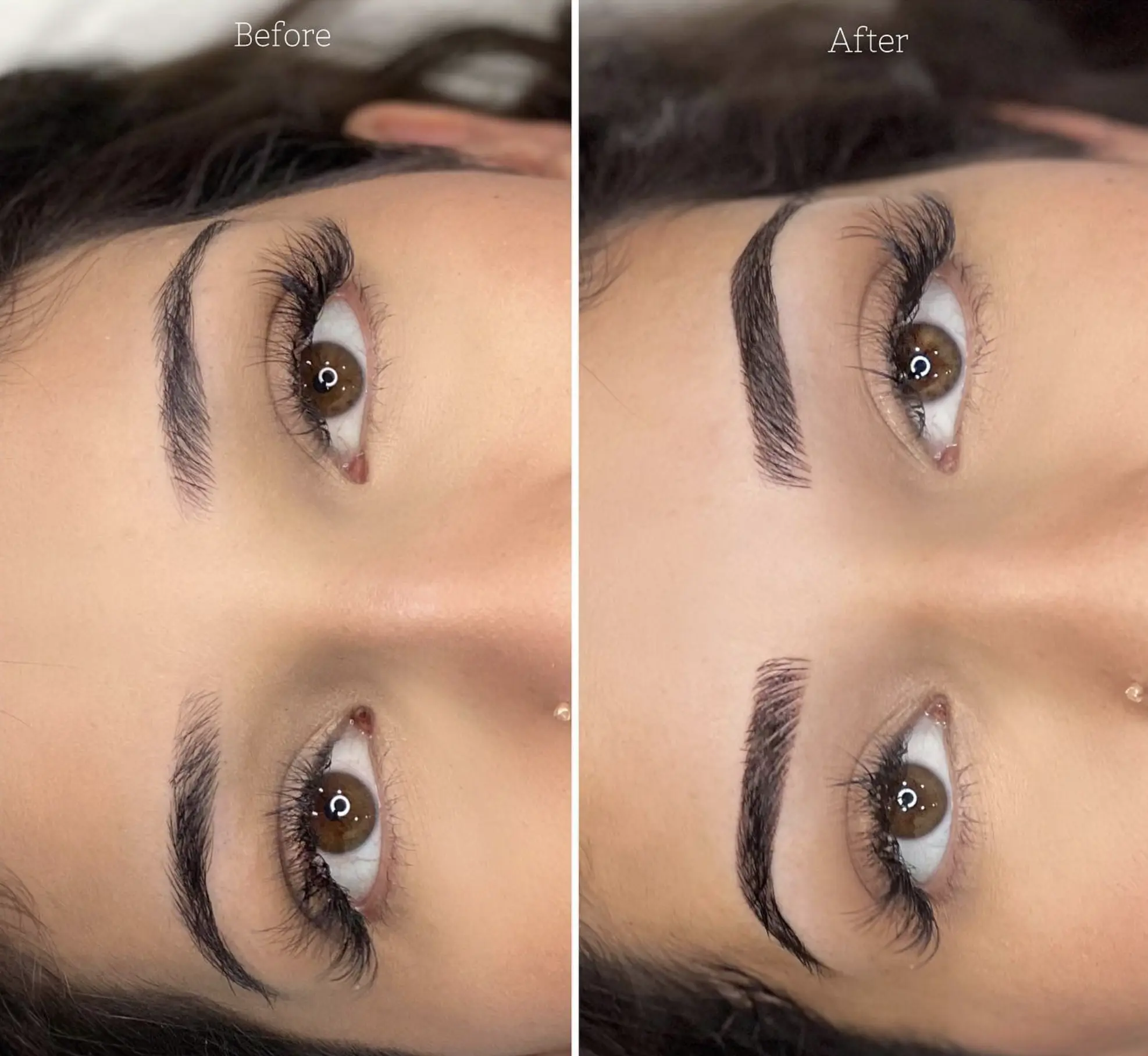
4. Eyeliner Tattoo Courses
Eyeliner tattooing requires a steady hand, technical skills and an eye for design. This certification is for artists who want to specialise in eyeliner enhancements and eyelash enhancement tattoos.
Topics:
- Eyeliner design including winged eyeliner and lash line enhancement.
- Using digital machines for consistency.
- Infection control and safety protocols.
Hands-On Training:
- Practice on practice skin and live models.
- Focus on symmetry and skin tones.
Specialty Certifications
Paramedical Tattooing
- Overview: For artists interested in restorative procedures like nipple areola complex tattooing and scar camouflage.
- Key Topics: Colour selection, correction colours, and treatment for compensation.
- Advanced Skills: Requires knowledge of skin tones and ethics.
Scalp Micropigmentation
- Overview: Replicating hair density for clients with hair loss.
- Training Modules: Hairline design, depth training, and safety standards.
Cosmetic Tattoo Removal
- Overview: Safe removal methods (saline or laser).
- Key Topics: Infection control, safety, treatment notes.
Levels and Accreditation
Certificate of Attendance
Issued after attending a training cosmetic tattoo courses, this certificate does not allow you to practice professionally.
Certificate of Completion
Awarded after passing both theory and practical assessments, allows you to work professionally.
Accredited
Accredited means the course meets industry standards and is recognised by local authorities. Look for courses accredited by SPCP (Society of Permanent Cosmetic Professionals) or AAM (American Academy of Micropigmentation).
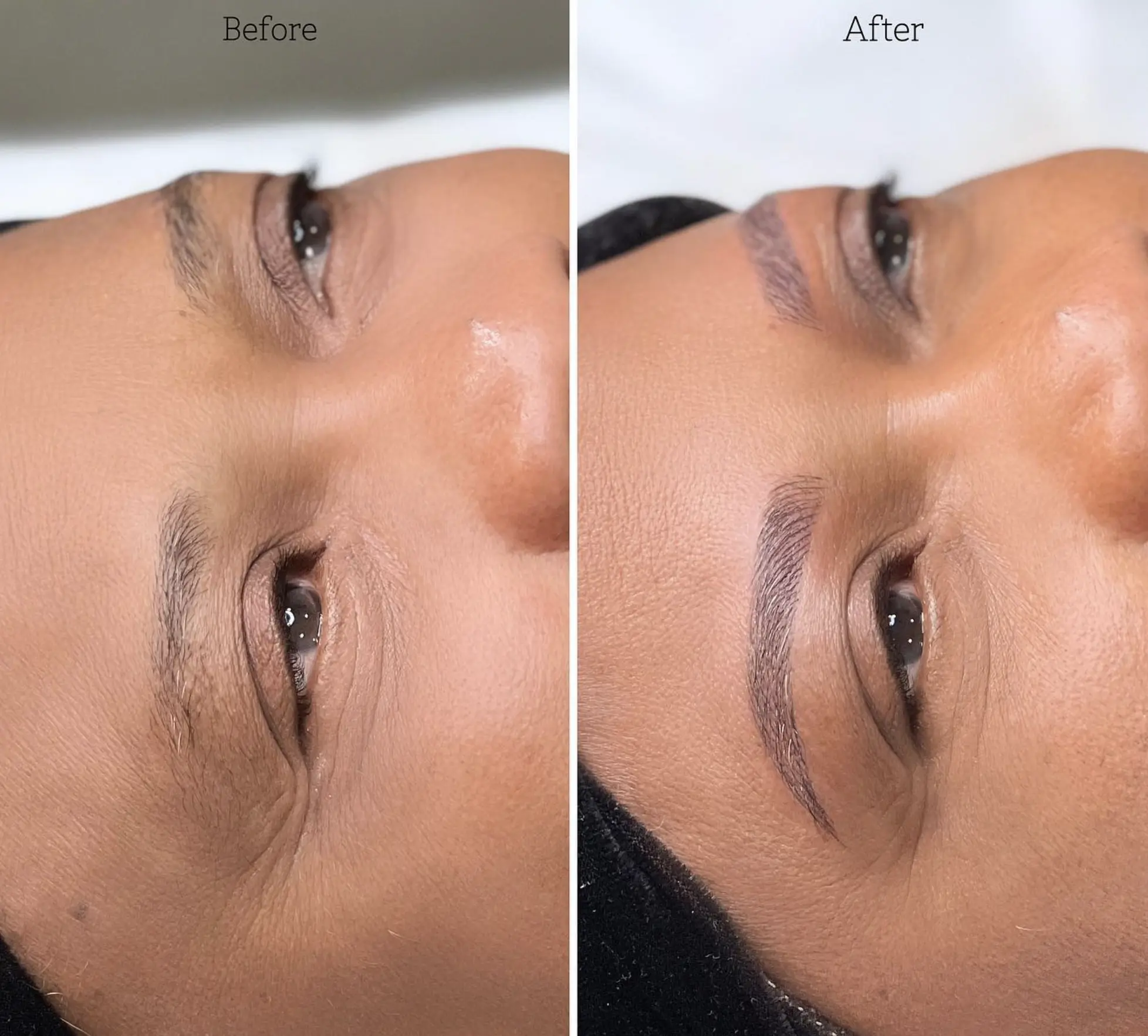
Course Components
1. Core:
- Skin anatomy and skin tones.
- Colour theory and application.
- Technical tattooing techniques (hair stroke, brow mapping, eyeliner).
2. Business:
- Business plans and cosmetic tattooing business strategies.
- Marketing your cosmetic tattoo artistry.
- Treatment notes and client consultation.
3. Hands-On:
- Extensive hands-on practice on practice skin and live models.
- Practical experience and treatment demos.
4. Study Options and Flexibility:
- In-person and online courses.
- Day masterclasses and supervised sessions.
5. Safety and Infection Control:
- Includes Infection Control certification from an accredited Infection Control Unit.
- Covers safety, client satisfaction and ethics.
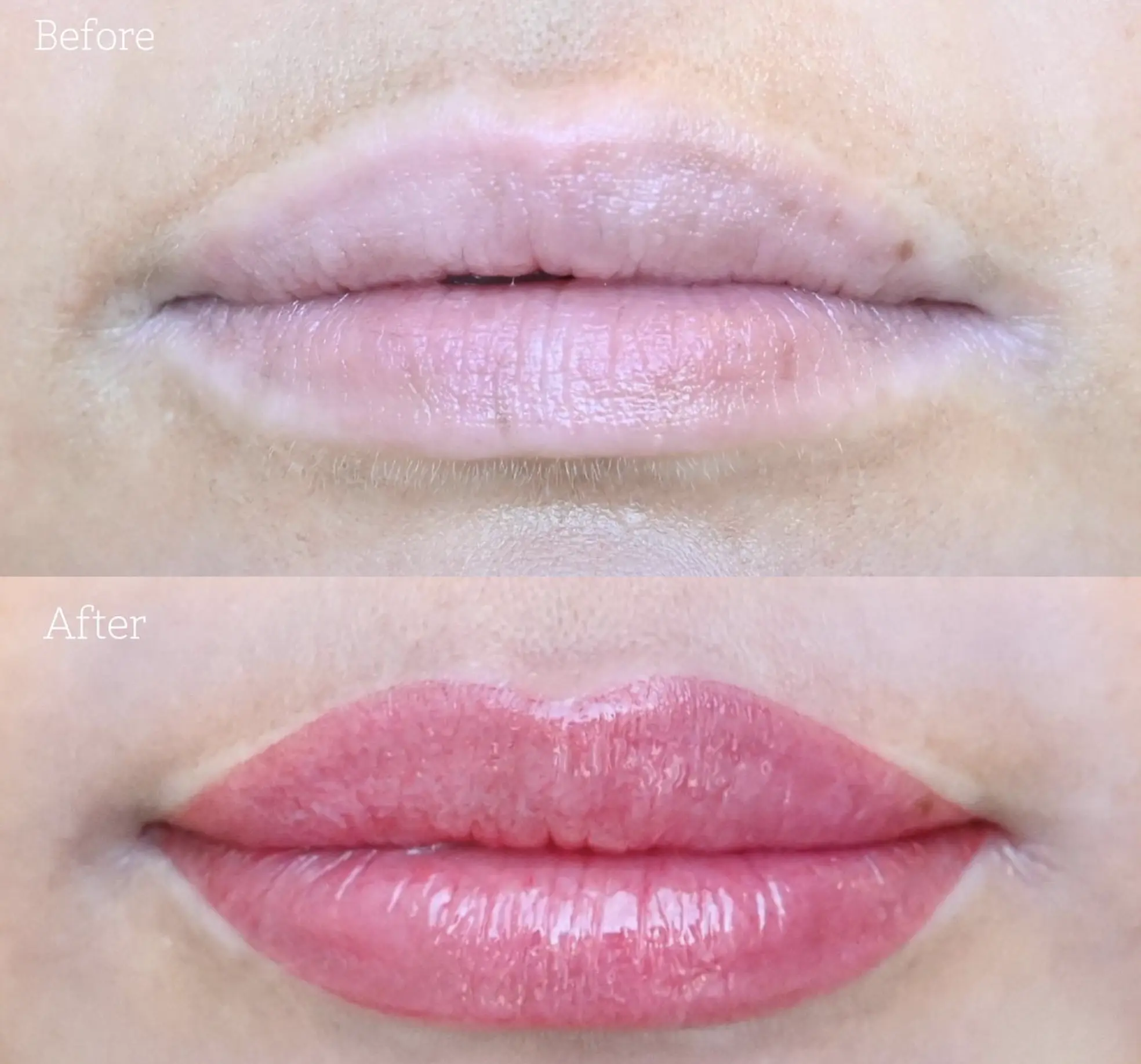
Benefits
- Industry Recognition:
Certification gives you credibility in the cosmetic tattoo industry and your reputation. - More Skills:
Learn Powdery Ombre Brows, 3D nipple areola tattooing and digital machine techniques. - Client Trust:
Certified artists get the trust of clients looking for safe and effective cosmetic tattoo services. - Financial Freedom:
Certification can lead to a profitable cosmetic tattoo business and opportunities for growth. - Continuous Education:
Stay up to date with the latest cosmetic tattoo procedures, tools and techniques.
What to Look For
When choosing a cosmetic tattoo course:
- Full Training Programs: Look for courses that cover brow design to eyeliner cosmetic tattooing.
- Experienced Trainers: Make sure trainers have tattooing and client consultation experience.
- Payment Plans: Some courses offer payment plans or student discounts.
- Hands On Practice: Choose courses with plenty of hands on practice and supervised sessions.
- Certificate of Completion: Check that you get a recognised certification on completion.
Conclusion
The right certification can turn your love of beauty into a career in cosmetic tattoo artistry. From basic to advanced techniques, specialty certifications and paramedical procedures the beauty industry has endless opportunities to grow. By investing in quality training you can build a cosmetic tattoo business that combines artistic skills, technical knowledge and client satisfaction.
FAQ
What is the most popular certification for beginners in cosmetic tattooing?
Basic Cosmetic Tattooing Certification is for beginners as it covers the foundation skills like brow tattoos, lip tattooing and infection prevention.
How long do the courses take?
Courses range from a few days for basic certifications to several weeks for advanced or specialty programs.
Can I learn cosmetic tattooing online?
Yes, many providers offer online training for theory but hands on training is essential for practical skills.
Are payment plans available for certification courses?
Many training providers offer payment plans or installment options.
What career options after certification?
Certified artists can specialise in cosmetic tattoos like brows, lips and eyeliner or explore advanced options like paramedical tattooing and business in the beauty industry.

